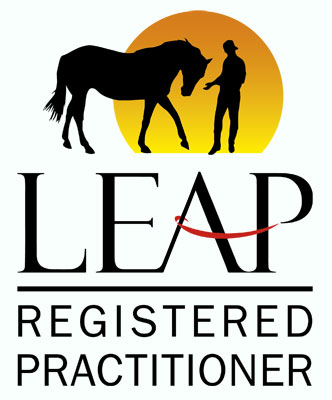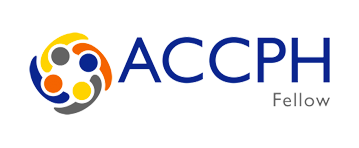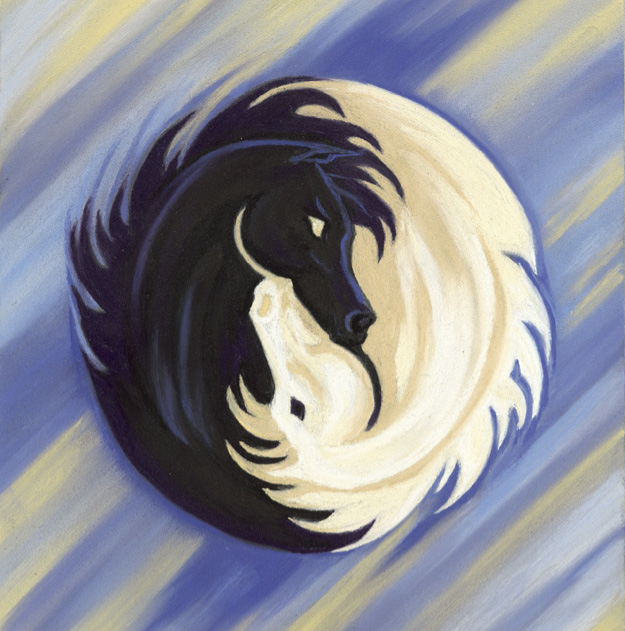
Blog
When Your Body is Ready, it WILL Let Go: The Potential for the Release of Trauma from the Body in Equine Facilitated Interventions
21 January 2016
Key Themes: Trauma, The Body, Practitioner's Skills, Trauma in the Body, Healing.
When we embark on any form of supported body-based work, and particularly when horses are involved, our body, our psyche and our higher-self seem to know that this is an opportunity to let go of pain and trauma that we have been carrying and holding onto perhaps for many years.
Without any pre-planning or anticipation of this the body can be ready to release and let go of pain and trauma that it has faithfully held onto for us.
It is therefore vital that all practitioners and trainers in this work are ready, able and willing to deal with this when it happens. Whether you are working with a client or trainee practitioner, this can and will happen; and it must be handled safely and with great care.
It may be necessary to contain and support what is coming up if that feels right and appropriate and safe. But it may instead mean that you have to tell your client/trainee that what is arising is best dealt with by another professional or at another time.
Trusing your intuition and professional practice guidelines here is vital for their well-being and so they are not overwhelmed or left with a major issue to deal with alone post-session.
The body has its own timing, it works silently behind the chatter of our busy minds, our mental intellect, schedules and outer lives, carefully holding on to and taking care of our wounds for us until the right time and place when it knows it can release them.
As practitioners we must be aware that this can happen and be fully able to deal with unexpected trauma-release that can suddenly arise. It can just happen and we need to be prepared for this.
We must be able to both hold the container and fully support the person who is experiencing this powerful release, and also hold the rest of the group (if it's happening in a group situation), to enable the trauma to safely come up and be acknowledged and released. This is a sophisticated ability and one that requires experience, training and support.
Any client or trainee that comes to us for Equine Facilitated session can at any point suddenly be faced with their own unresolved trauma. No matter the type of client or what they initially present to you with or put on their booknig form, this can happen as the work gets underway, and as their body realizes that it is safe to finally let go.
There is then a health-warning here for practitioners, which is that no matter who your client group is, trauma can surface when undertaking equine-involved work, so this includes corporate clients, one-off clients, those seeking personal development, teenagers, and other clients groups such as veterans and those in recovery from abuse or addiction.
This is where of course the horses come into their own as they can potentially provide a solid, stable and grounded physical presence, and be able to support the release of very powerful emotions and associated physical releases in people. Often people’s bodies literally release something physically as well as emotionally, this can be anything from crying, to vomiting, shaking, legs giving way, to intense physical pains as the trauma moves up and out.
Allowing the client and horse time and space to enter this releasing phase is therefore vital. It is also vital however, that the practitioner can also support that individual both during the release itself, and also when they come back to the group and away from the horse. In that moment the person will feel incredibly vulnerable; wide-open and exposed in fact. They will likely feel very raw, shaky and in need of very gentle psychological holding. They may also need some physical support such as heat, a drink of water or cup of tea. Group facilitation skills and holding the sacred-space in these moments is crucial.
I’ll give a personal example to illustrate this process. Last year I was given the wonderful opportunity to undertake a further practitioner training course. With already a decade of EFL under my belt and substantial training and experience both as a participant and facilitator, I was very familiar with the power of equine facilitated work. As I embarked on the training, my head had been preparing myself for further studying and learning, but my body and psyche had been at work behind the scenes in my unconscious, preparing to let go of some old trauma and pain that had been stuck in my body for a number of years, and had been causing me continuous pain and immobility.
As the first module went on I began to realise that my old pain was indeed starting to resurface, I knew this because an area of my body which had experienced a very traumatic impact during a riding accident five years before was starting to get increasingly painful, this built to the point that I was wincing in pain, and then unable to sit, stand or walk. I could also feel an unusual sensation in that mostly numb part of my body - it literally felt like it was “activating”.
Sure enough over the course of the training and through sharing with the other participants much of my grief from recent years and experiences, plus some powerful interactions with the horses, my trauma began to move up and out of my body. Leading to yes, a lot of physical discomfort, but also intense and deep emotional releases of deep-seated issues from both childhood and the trauma of my riding accident.
Thankfully I was able to endure the deep releasing as a result of having undertaken much deep inner-work, but also because I was held and supported by skilled and sensitive facilitators during this process. What was happening was probably quite shocking to some of the other trainees on the course, but I knew as did the facilitators, how to handle and contain this. Without that process of being held and gently supported, I or another participant could have had a melt-down, become very defensive and distressed and left in a heap. Instead, what transpired was a much needed release of stuck emotion and trauma finally from my body. Finally my body was ready to let go, here and now at this equine facilitated training programme, rather than through all the body-work and therapy I’d experienced in the previous years as I’d try to come to terms with my losses and grief.
To round off my personal story - the graduation ceremony of this training programme involved a very gentle horse-ride called a “journey ride”. What seemed like a scary impossibility at the beginning of the training, ended up being a beautiful, gentle experience where I once again sat on a horse and felt happy and relaxed; my body was now ready and my fears had mostly dissipated through the powerful releasing of the trauma I’d undergone. I moved from a mind-set of thinking I’d never ride again, to being able to, and then even looking forward to starting riding again, all because my body and unconscious had let the trauma release.
This process can’t be forced, nor can we predict when it might happen. Therefore we need to be ready and able to catch and contain it when it starts in our clients or trainees. Like our equine partners we need to be grounded, present and loving as painful and messy emotions start to bubble up and out, like a hot-spring needing to find its blissful release.
© Angela Dunning, 21 January 2016, up-dated 21 October 2019.
My book The Horse Leads The Way - Honoring The True Role of the Horse in Equine Facilitated Practice advocates an approach which is considerate of the horses at every step and provides trainees and practitioners with ample material to hone their practice.
With heartfelt thanks to Mike Delaney and Ella Jones who supported me during this experience.








